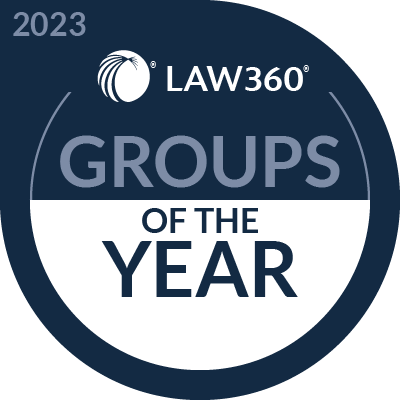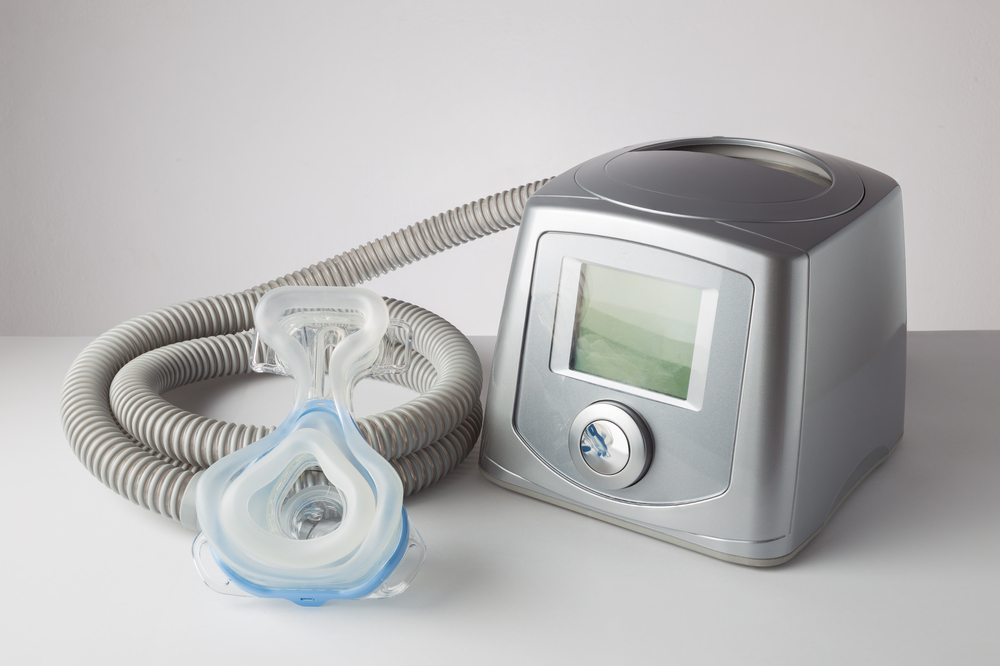Welcome to Drug Dangers
Drug Dangers provides information on various medications and medical devices with serious complications.
Find information on dangerous drugs, medical devices, and consumer products, and how you can take legal action if you’ve been affected.
View drugs, devices and products with active and ongoing litigation
Recent cases surrounding pharmaceutical drugs, medical devices & consumer products
Prior results do not guarantee or predict a similar outcome in any future matter.

Were you or a loved one were injured by a drug, medical device or consumer product?
Call us at: 888-443-7024

About our law firm
Seeger Weiss is a plaintiff’s law firm representing clients all over the United States. Since its founding in 1999, we have led history-making and record-setting cases on behalf of individuals, organizations, and states and local municipalities that have been injured or defrauded on an individual or mass scale.




No aspect of this or any advertisement has been approved by the Supreme Court of New Jersey or a court or authority of any jurisdiction.
Latest News
Read about lawsuit updates and news linked to drugs, medical devices and consumer products.
Have you been affected by a drug or device listed?

You May Be Eligible for Compensation.
If you or a loved one suffered injury or death after using a drug or medical device, contact us today for a free case evaluation.
We value your privacy. By submitting this form, you agree to our privacy policy and disclaimer.
